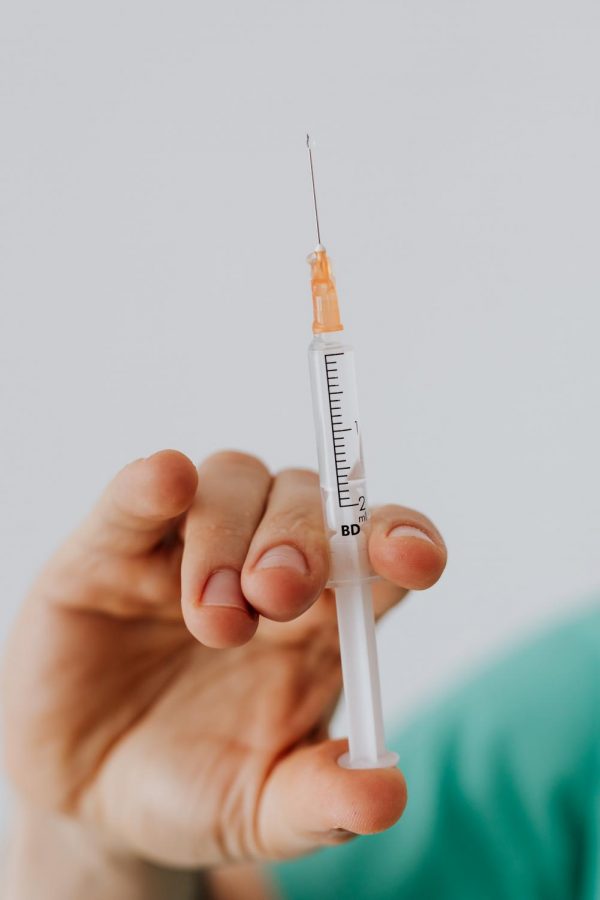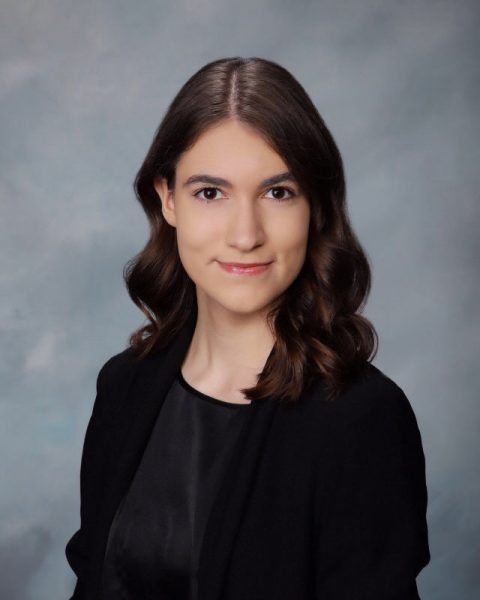The current number of confirmed covid-19 cases has reached an all-time high, progressing to a total of 3,528,795 in California, and surpassing a figure of 55,330 deaths resulting from the virus.
Parallel to the rest of the world, California has endured innumerable difficulties on account of the pandemic in the past year and partake in a continual race to combat emerging variants with effective vaccines. Shortly after the world became aware of covid-19, the distant virus originating from Wuhan, China rapidly spread throughout the globe, plaguing countless countries.
On March 19, 2020, California issued a statewide mandatory stay-at-home order when there were approximately 13,133 confirmed cases present in the state. With the number of infections perpetually increasing and the summer of 2020 approaching, it was rumored that the warm temperatures and humidity of the season would aid in bringing an end to the pandemic, at least in California.
Contrary to these theories, the heat brought by the summer months had an insignificant effect on the virus. By July, California was reported to have the highest number of confirmed cases in theUnited States, exceeding a total of roughly 400,000 cases at the time. As the sunfilled season concluded, it became evident that covid-19 was nothing like the com-
mon cold.
This occurrence did not surprise Infectious Disease Specialist Dr. Russell Klein. He presumes that the spread of covid-19 is instead more directly linked to the density of a population within an area. “I didn’t expect this virus to be affected by seasonal changes,” he said. “It really has more to do with peoples’ proximity to one another. In communities where there are dense populations and compact living situations, there has been a much higher rate of disease.”
As scientists accurately predicted, a surge of infections struck the public in the fall. In the month of October, the California Department of Public Health declared that more than 810,000 individuals within the state were plagued with the virus, doubling the number of cases since summer 2020. Despite being advised by public health officials to continue wearing masks and maintaining physical distance from others, a multitude of people gathered in hazardous numbers to celebrate national holidays, many even failing to wear masks.
This considerably augmented the risk of individuals contracting covid-19, and resulted in a substantial increase in cases several weeks proceeding the assemblies; throughout the month of January, the number of cases surged from approximately 2,345,909 to 3,258,706 in the state.
It is now hypothesized that emergent variants of the covid-19 virus may have significantly contributed to this oppressive surge of infections. “Nobody really knows why the surge came or went away so fast,” Klein said. “But a lot of people think the variants were part of the problem. The surge’s deceleration could possibly be attributed to the vaccines.”
The original virus strain classified as SARS-CoV-2, which represents “severe acute respiratory syndrome coronavirus 2”, initially caused the covid-19 disease in humans. Throughout the ongoing spread of covid-19, this virus strain has sporadically mutated, causing thousands of slight, yet noticeable changes to its genetic composition, potentially making the virus more threatening and infectious.
Currently, experts are focusing their efforts on countering three specific variants. Originating from the United Kingdom, a variant classified as B.1.1.7 is predominant in a great portion of Britain and has spread to over 50 countries around the globe including the United States.
In addition, the B.1.351 variant, better known as the South African strain, is now detected in more than 20 other countries also including the United States and a more recent variant regarded as P.1 first noted in Brazil has now been found in the United States and numerous other
countries as well.
These mutations have primarily affected the virus’s spike protein which assists it in entering and binding to human cells and augments the amount of virus a person emanates. And so, experts claim that these variants may be considerably more contagious, and may influence the response of antibodies differently than preliminary covid-19 variants. Specifically, research has indicated that the United Kingdom variant has the capacity to be approximately between 30 to 50 percent more transmissible. “Viruses always mutate, that’s what they do,” Klein said. “This has caused genetic alterations to the amino acid makeup of the spike protein. But there are certain substitutions of amino acid which induce a higher degree of resistance and possibly lethality.”
At the moment, three covid-19 vaccines have been deemed safe and effective for the public’s use by the Food and Drug Administration (FDA). The Pfizer-BioNTech vaccine was the first to be approved by the FDA with a 95 percent effective-
ness rate, followed by Moderna with 94.1 percent effectiveness. Johnson & Johnson is the most recent vaccine to be approved for public distribution.
Unlike the Pfizer-BioNTech vaccine which has been proven safe and efficient for individuals who are 16 years of age
or older, the Moderna and Johnson & Johnson covid-19 vaccines are considered effective and safe for people who are 18
years of age or older. “Being a healthcare provider, I received the Pfizer-BioNTech vaccine in January,” Klein said. “As far as a reaction, after the first shot, I was fine. Proceeding the second shot I had a mild headache and fatigue, but it was gone by the next day.”
According to the state of California’s covid-19 vaccine distribution plan, people can receive vaccinations from state vaccine hubs and federal mass vaccination sites, as well as pharmacies, health clinics and medical providers. However, such supplies are limited and only available to those eligible under each phase of the plan; at the moment, essential workers in agriculture, food, child care, education and emergency services along with health care workers are qualified to be vaccinated. Adults who are 65 years of age or older are also eligible to receive the vaccine in addition to staff and residents of nursing homes and assisted living facilities. It remains indefinite when phase 1B will commence and individuals working in the transportation, logistics, industrial, commercial, residential and critical manufacturing sectors will be allowed access to covid-19 vaccines.
These contemporary vaccines have been developed based on earlier versions of covid-19; although the present covid-19 vaccines have consistently proven to be effective against the previously existing variants, experts are concerned that these new variants might cause some complications. The Pfizer-BioNTech, Moderna and Johnson & Johnson vaccines have demonstrated the same level of efficacy towards the U.K. variant as against the original virus. However, all three have been ineffective against the South African strain.
“As the vaccines really show no activity against it, there is concern surrounding the South African variant,” Klein said.
In regards to the Brazilian strain, the Pfizer-BioNTech vaccine has indicated the same level of efficacy against it as towards the original virus, whereas the Johnson & Johnson vaccine evidenced reduced levels of antibodies. In contrast, not enough data and statistics have been gathered relating to the Moderna vaccine’s effects on the variant in order to deduce a presumption.
“There is worry that the Brazilian strain may be able to evade the current vaccines since it has genetic changes that make it more contagious, resistant and possibly lethal,” he said. “But there is not enough data yet to know for certain how vaccines that we have now are going to be effective against such variants.”
The Pfizer-BioNTech and Moderna vaccines are presently in the process of being modified and altered in order to better combat such variants as they continue to emerge.
Despite these medical advancements, Dr. Russell Klein advises individuals to continue behaving in a safe and cautious manner.
“The Centers for Disease Control currently says that if you and others have been fully vaccinated, then you can take off your mask around those individuals and do not have to social distance,” he said. “For this reason people are becoming more relaxed and less careful. But theoretically, people who are vaccinated can actually transmit the virus asymptomatically, so I think people shouldn’t let their guard down.”
As more adapted variants arise, scientists around the world remain dedicated to studying and monitoring these changes and mutations in genetic structure to slow the spread of the virus, in addition to ultimately terminating the terrorizing plague that is referred to as covid-19.




